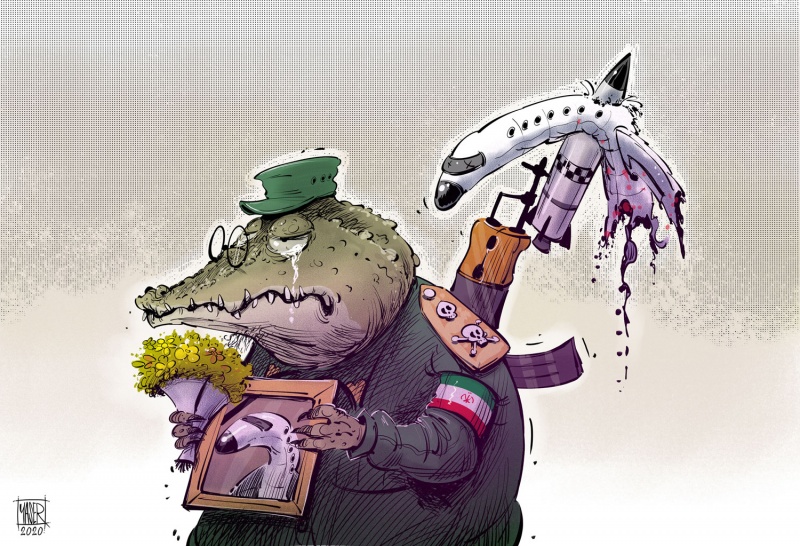Failure to stop Iran’s terror support might lead to Israel-Hezbollah war
Eitan Dangot/Jerusalem Post/March 21/2021
إيتان دانغوت/جيروزاليم بوست: الفشل في وقف دعم إرهاب إيران قد يؤدي إلى حرب بين إسرائيل وحزب الله
To understand the new complex Middle Eastern puzzle, it is first necessary to recognize the fact that the Biden administration is dealing with Iran on two fronts.
The Middle East has entered a new and significant stage in recent weeks, as all regional actors position themselves around the key question of whether or not US President Joe Biden’s administration renews the Iran nuclear agreement. Failure to achieve an improved nuclear deal and cause Iran to downgrade its regional destabilizing activities will have long-lasting effects, could create an economic disaster in Iran and could lead to a military escalation between Iran and America’s regional allies.
The issue of whether sanctions on Iran will be lifted and the outline of a possible new agreement is the leading factor that will shape the face of the Middle East in the coming years.
The new American administration is maneuvering through a minefield in which various developments could impact its decisions on the region.
To understand the new complex Middle Eastern puzzle, it is first necessary to recognize the fact that the Biden administrations is dealing with Iran on two fronts. The first is Tehran’s radical activities and support for armed movements that stretches from Yemen through to Iraq, Syria and Lebanon as part of a grand strategic attempt to change realities in the region. The second is Iran’s nuclear program.
Every attempt by the US to solve one of these fronts without linking it to the other is doomed to fail.
Iran strives to become both a nuclear regional power and to shape a new geopolitical era through the rise of terror armies and militias, of which Hezbollah in Lebanon is the most powerful. Hezbollah is in fact the most heavily-armed non-state actor in the world and is in possession of advanced weapons systems.
The moment of reckoning for American policy in the Middle East is approaching in the form of the decision on the nuclear agreement, and this central junction is also influenced by other important events: The upcoming Israeli elections, and the scheduled presidential elections in Iran in June, before which the Islamic Republic may suspend any major decisions.
Coronavirus in Israel: Under 300 new cases, 1.7% of tests return positive
The formation of a regional bloc made up of Saudi Arabia, the United Arab Emirates, Bahrain and Israel has, in the wake of the Abraham Accords – a successful leftover from the policy of former US president Donald Trump’s administration – created a challenge to American flexibility on the Iranian issue.























